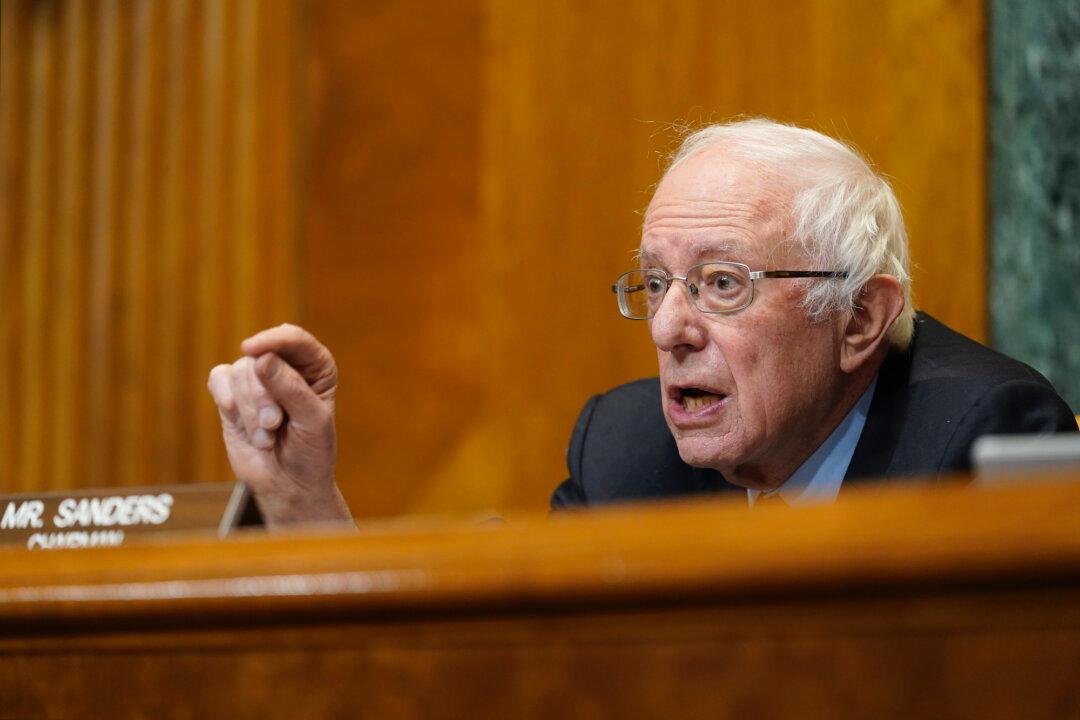Senate Democrats have unveiled a draft budget resolution that maps $3.5 trillion in spending, including for paid medical leave, two years of tuition-free community college, and a bevy of climate change fighting initiatives.
Senate Budget Committee Chairman Sen. Bernie Sanders (I-Vt.) released the budget plan on Aug. 9 (pdf), saying in a statement that Democrats plan to advance the legislation via the budget reconciliation process, allowing them to avoid having to get any Republican support.





